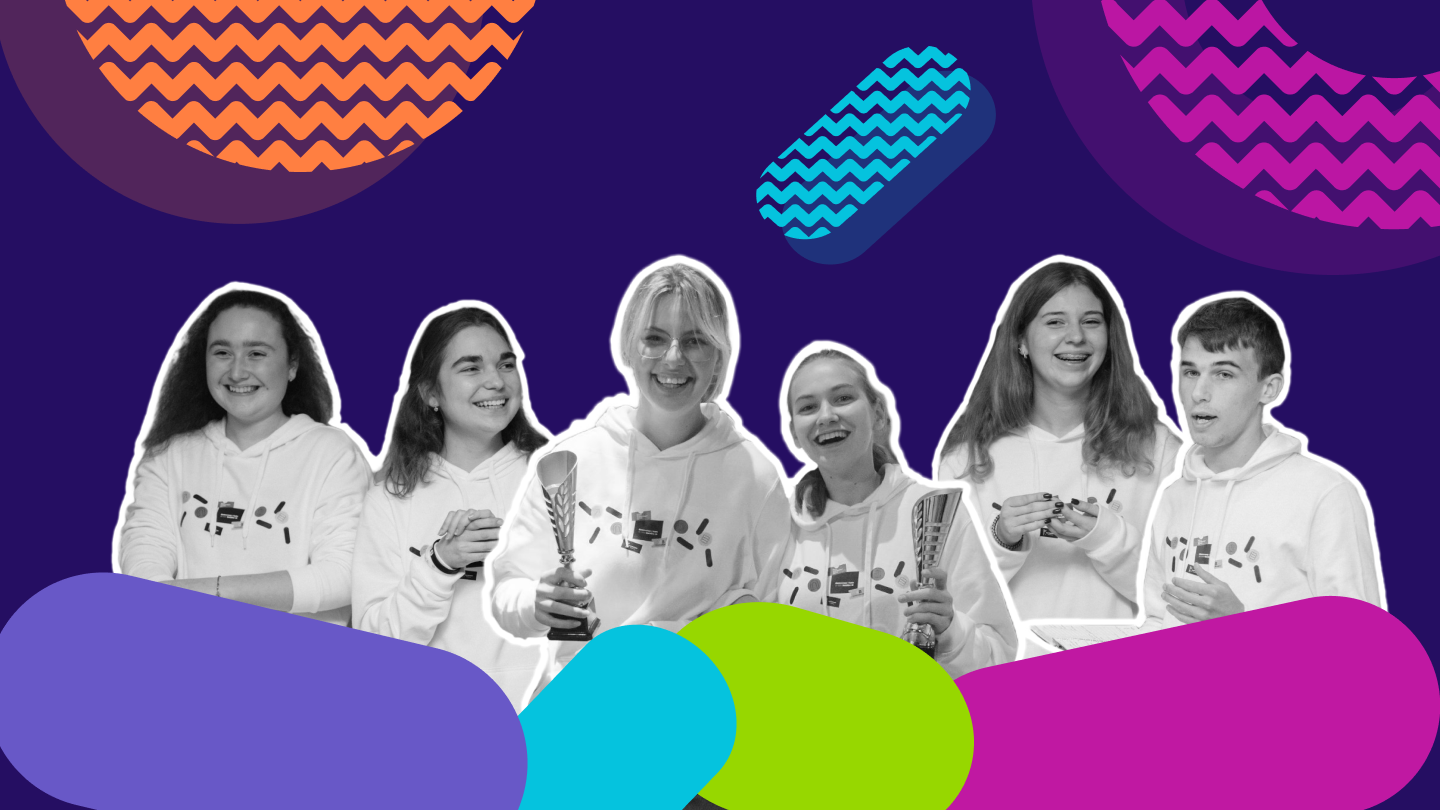Young Change Leaders: Why is our future in the hands of teenagers?
31 July 2024 · 7 minutes reading

The modern world is changing rapidly, and today's teenagers are not just observers but active participants in these changes. They are our future, and their participation is already shaping what that future will look like. For example, the World Economic Forum's Youth Recovery Plan states that the younger generation is the most affected demographic group due to the global crisis, which is only getting worse every year in all areas. However, despite the fact that many adults consider today's youth to be apathetic and incapable of change, youth participation in political and social life is growing in many countries.
Ipsos research shows that young people around the world are more hopeful about the future than older generations. In all 15 countries surveyed, young people expect a better future for themselves, their country and the world than adults.
At the same time, the lack of opportunities to fulfil themselves is the third most important personal problem cited by young Ukrainians (after their psychological state and the health of themselves and their families). Since the beginning of the full-scale invasion, teenagers and young people have been eager to be part of the country's reconstruction, and more than 90% of Ukrainians want to see Ukraine as a fully-fledged democratic state. Thus, the most active part of society wants to fulfil itself in a free and democratic Ukraine.
Why teenagers?
‘Adolescence is the age between childhood and adulthood, when already established and formed prejudices, ideas and interests are destroyed, and new ones are just beginning to emerge. It's time to throw off the pedestal of everyday guidance (which is the norm of age) and look for your own pack - and here the need for protest and denial can be an incredibly powerful force for change,’ says psychologist Marianna Novakovska.
‘The new generation of children are children who have grown up in conditions that humanity has never experienced before - because only now we are seeing how the development of technology is rapidly outpacing our own speed of cognitive and psychological adaptation. Teenagers, who tend to divide the world into black and white, nevertheless learn very quickly and are better able than adults to think critically, distinguish fakes in the online space, question information, and strive to change the environment faster. For example, a Pew Research Center study found that 44% of teenagers are better at recognising false information on the Internet than adults, and their search for authority (especially in times of war) is much more demanding. And this is another reason why this generation of teenagers is definitely a generation of change,’ the psychologist concludes.
Therefore, it is worthwhile to treat this time of forming the worldview and social skills of adolescents with understanding. At this time, when young people begin to understand their role in society and learn to interact with others, it is important to provide them with the tools to form their own opinions, critical thinking and the desire to change the world for the better.
‘We have been working with teenagers for more than 21 years and have seen them in different situations. They already imagine their life and future, see a certain reality around them and have enough maximalism and enthusiasm to change this reality for the better. They are motivated by their own future and we, as adults, need to give them the tools to help them do that. And by changing their future, they are changing ours,’ says Angelina Osadcha, head of the Klitschko Foundation, a charity organisation working with teenagers.
Angelina Osadcha notes that of all the foundation's projects, the most popular among teenagers are those with a strong educational component, such as the Debate Camp. Teenagers learn to defend their opinions, communicate environmentally, and develop public speaking skills. Despite the presence of sports or educational projects, it is the projects in this area that sometimes receive so many applications that 42 teenagers apply for one place.
‘Debate Camp is more than just a debate. It is an opportunity for young people to develop critical thinking, argumentation and leadership skills. By creating our initiatives, we want teenagers to understand that we see their strength, their energy, and we believe that their actions today determine our common democratic tomorrow, so we want to help them know more,’ says Angelina Osadcha, director of the foundation.
During the camp, participants not only learn to ‘defend’ and present themselves and their opinions, they will also develop their own projects that can change the lives of communities.
Thus, teenagers become a driving force for change - people who are actively working to improve society. They lay the foundation for a more democratic society where every voice counts and the rights and freedoms of every citizen are deeply respected.
‘We are happy to support civil society projects that contribute to the democratic development of Ukraine and strengthen the potential of young people. Our team believes that long-term cooperation and synergy will help build a stronger, more sustainable and democratic Ukraine and Europe. Young people play an important role in this process,’ says Yurii Veselskyi, Programme and Grant Specialist at the Ukrainian Danish Youth House. The Debate Camp project is being implemented with its grant support.
According to the Democracy Index published in the Economist Intelligence Unit's 2023 report, Ukraine ranks 91st out of 167 countries. If a society wants to be democratic, it must foster these values not only among adults but also among young people, who will continue to develop democracy in the country and spread its principles at the local community level.
We invite teenagers from all communities in Ukraine to take part in the Debate Camp and get the opportunity not only to learn how to effectively express their thoughts and skilfully conduct discussions, but also to become part of a global movement to promote democratic values.






















